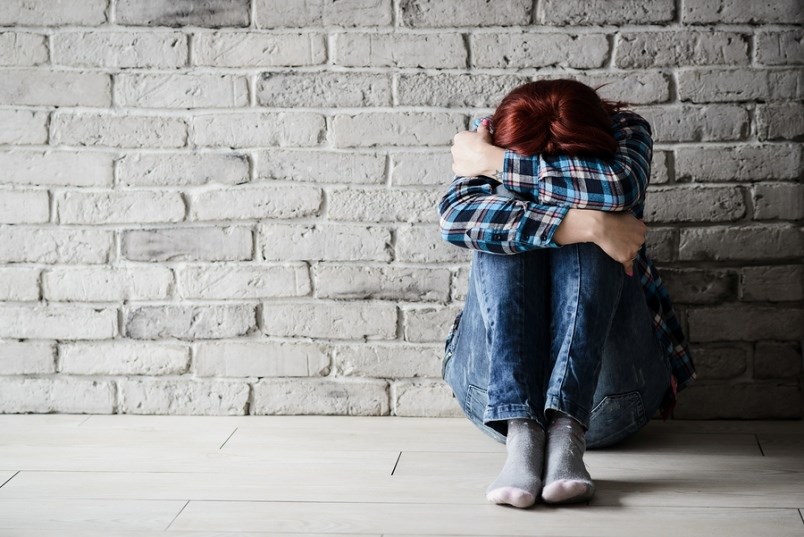A provincial report is shedding light on how to end domestic violence in Saskatchewan.
The dossier, issued by the Domestic Violence Death Review Panel, includes a series of recommendations for Saskatchewan government groups to help curb domestic violence.
In total, 19 recommendations are made in the report, including developing several programs and services to protect victims of domestic violence. That includes protocols for how courts, frontline services and public sector workers deal with violence, including developing first responder groups in all Saskatchewan communities with specific training in domestic violence.
“I think they’re needed everywhere. I don’t know if it would be feasible to do something like that, but it would be awesome to have that. It’s definitely needed,” said Colleen Arnold, executive director for the Women’s Resource Centre and Safe Haven.
Also included in the recommendations are establishing a central call line for advice and support and creating a social media strategy to raise awareness of domestic violence.
Not only do the recommendations include increasing resources for victims, they also recommend the creation of programs for people who have abused others.
It is an idea that Arnold agrees with.
“If they don’t get help, they go on to the next victim. We need to help people who have committed those crimes to be rehabilitated,” she said.
Between 2005 and 2014, 48 Saskatchewan residents were murdered in cases of domestic violence. The victims are almost split down the middle – 25 female and 23 male. Five of the homicide cases mentioned in the report occurred in the Northern Administrative District, which includes all of northern Saskatchewan.
“It’s bigger than most people recognize. It’s no different here than in any other community – it’s prevalent everywhere,” said Arnold, adding that victims of abuse are often unwilling to come forward against abusers.
“People don’t want other people to know. Sometimes that keeps people from coming to see us – there’s a stigma attached,” Arnold said.
“A lot of people don’t want police assistance or anything. Eventually at some point, hopefully, they get to the point where they do seek out assistance to get out of that situation, but on average people leave between eight and 11 times before they leave for good. They’re so beaten down and their self-esteem is so low that they believe that, if they would just be a better wife, a better mother, that kind of thing, that it could stop.”




